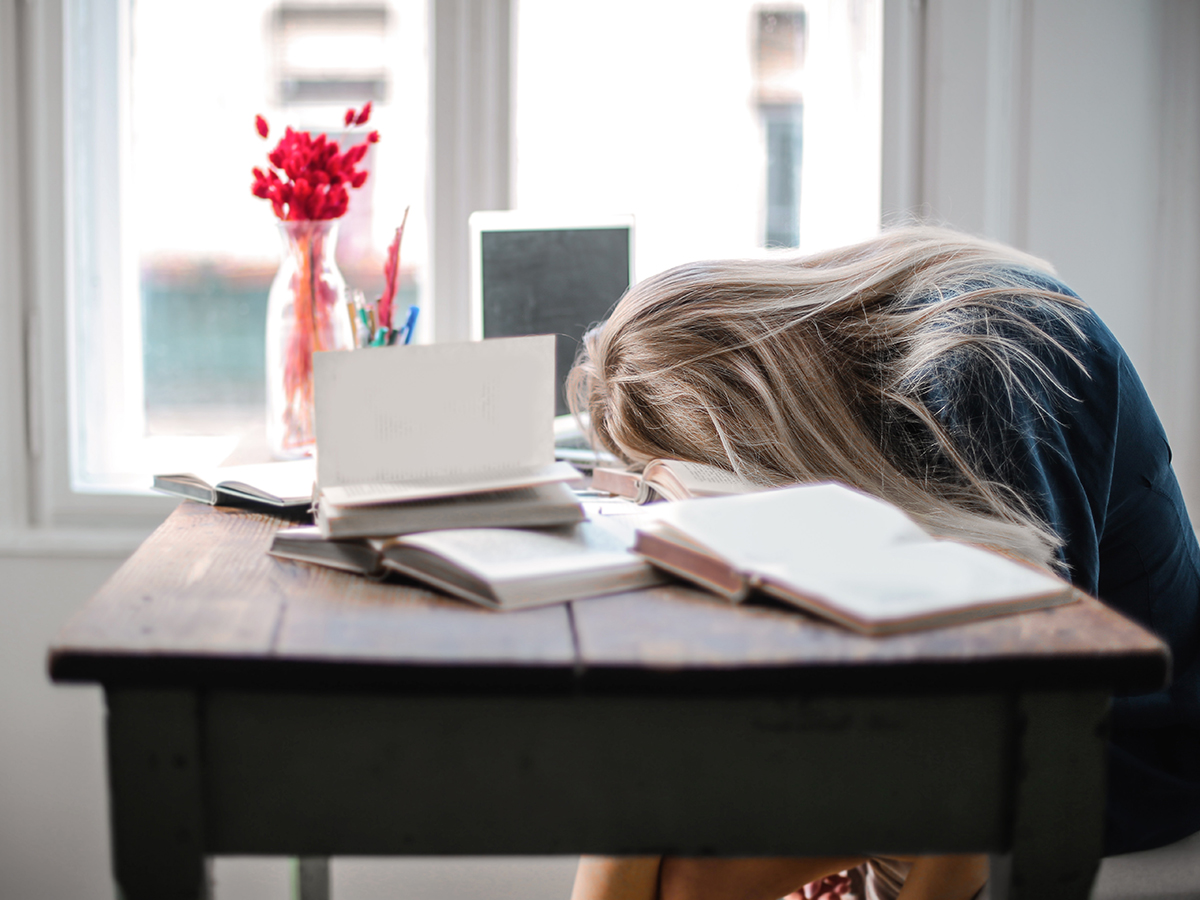
Research is showing that a surprising 98% of people are experiencing new sleeping problems after the pandemic-induced lockdown. What is especially concerning is that a large portion of these individuals consist of millennials and Generation Z, who report unstable sleep routines. This alarming issue needs to be addressed quickly with proper sleep hygiene techniques and the separation of work and living environments.
Sleep deprivation is extremely dangerous and can affect alertness, memory, mood and energy. Furthermore, it can gradually get more severe until people experience chronic sleep deprivation. This is when a person becomes unaware of the symptoms they are experiencing since it feels normal. These effects, particularly problems with alertness and memory, present a problem for students who need to pay attention and retain information for their classes. Additionally, students who stay up late may be overtired and even sleep through classes. The negative effect this could have on scholastic accomplishment reinforces the need to spread awareness about positive sleep habits.
For college students specifically, there is an association between a lack of sleep and low grade point averages. College students struggle when it comes to time management between extracurricular commitments, part-time jobs, studying and sleep. Additionally, sleep hygiene tactics like a peaceful sleeping environment or not working in one’s bedroom pose a challenge for those living in the dorms. Poor sleep due to the COVID-19 lockdown is another hurdle for students as they try to engage in positive sleep hygiene and attain scholastic success.
As the workplace changes from campus to one’s bedroom, people still need to re-define what the classroom is. This shift that occurred during lockdown could be responsible for students’ deteriorating sleep hygiene. For those struggling with sleep deprivation, turning another room of their living space into an office may help keep the bedroom a more restful place. Studying or working in a library, coffeehouse or outside may help to keep working space and living space separate, therefore improving sleep. Additionally, communicating with roommates about quiet hours in the shared space could improve sleep hygiene. These practices are incredibly important in addressing sleeping difficulties.
Common sleep inhibitors such as napping after 3 p.m. and caffeine intake should be mitigated. Additionally, eating also plays a key role in better sleep hygiene, which means that large meals should not be eaten before going to bed. Limiting these behaviors can be helpful not only to college students, but anyone struggling with sleep difficulties. Additionally, students should avoid catching up on sleep during the weekend when they don’t have classes. A good sleep hygiene tactic is to practice going to bed and getting out of bed at the same time every day, whether it is a weekday or weekend. Changing one’s sleeping schedule during the weekend only makes it harder to return to waking up early come Monday morning. At the very least, awareness of these practices are essential for college students who are even more sleep deprived post-lockdown than they were before.
Sleep deprivation is not only responsible for deteriorating mental health, but also for students struggling to return to the normal classroom and a normal education. The pandemic has created barriers in many aspects of life, and education is no exception. People need to continue to find and implement solutions to combat those obstacles. In this case, prioritizing rest on the same level as academic performance is the solution.







